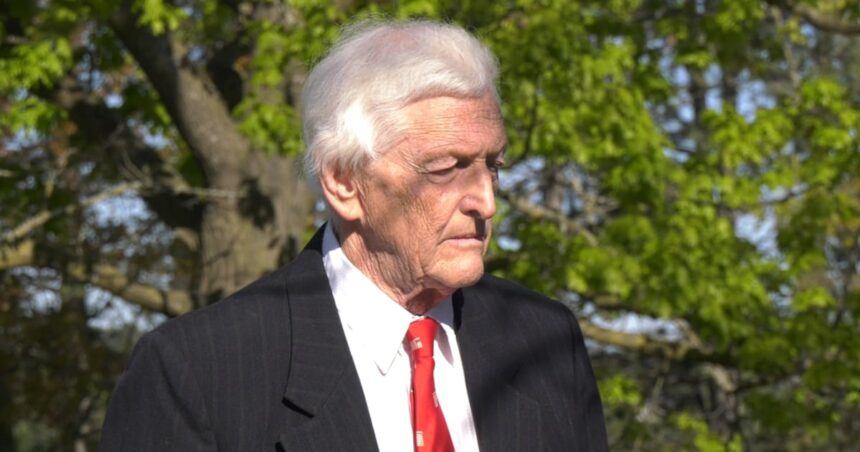In a profound turn of events that underscores the complexities of historical sexual assault cases, an 81-year-old Ontario man has been acquitted of charges dating back decades, bringing a three-year legal ordeal to a close. The Simcoe County resident, who faced serious allegations from the 1970s, was found not guilty following a trial that highlighted the challenges of prosecuting cases with limited evidence and significant time lapses.
“The justice system requires evidence beyond reasonable doubt, and in this case, that threshold simply wasn’t met,” explained criminal defense attorney Marilyn Richardson, who specializes in historical cases. “When decades pass between an alleged incident and prosecution, memories fade, witnesses disappear, and physical evidence becomes nearly impossible to recover.”
Court documents reveal that the allegations stemmed from incidents allegedly occurring between 1972 and 1976, when the complainant was a minor. The case proceeded to trial after charges were laid in 2020, following what investigators described as a “detailed examination of available evidence.” However, the defense successfully argued that inconsistencies in testimony and the absence of corroborating evidence left too much room for reasonable doubt.
The acquittal has sparked renewed discussions among legal experts at CO24 Politics about the particular challenges facing both complainants and defendants in historical sexual assault cases. While Canadian law no longer imposes statutes of limitations on such serious offenses, the practical difficulties of proving allegations from decades past remain substantial.
“These cases represent a delicate balance between providing justice for victims and ensuring the accused receives a fair trial,” noted Dr. Emily Thurston, professor of legal ethics at Osgoode Hall Law School. “The longer the delay between incident and reporting, the more challenging this balance becomes to maintain.”
For the accused, now in his eighties, the acquittal ends years of stress and uncertainty. His family released a statement expressing relief while acknowledging the emotional toll the process had taken on all involved parties. The Crown prosecutor’s office has confirmed they will not appeal the verdict.
This case joins a growing number of historical allegations making their way through Canada’s court system, raising important questions about how our justice system addresses decades-old allegations in an era of changing social attitudes toward sexual assault. Victims’ advocacy groups have expressed disappointment in the outcome while acknowledging the evidentiary challenges.
As our society continues to grapple with how best to address historical wrongs while preserving the integrity of our legal principles, cases like this one force us to confront difficult questions: How do we balance the right of complainants to be heard with the presumption of innocence when evidence has been eroded by the passage of time?

























